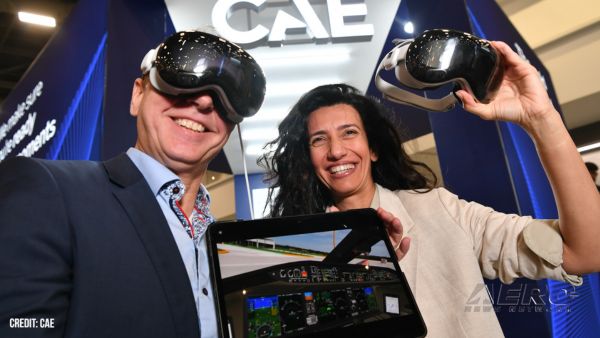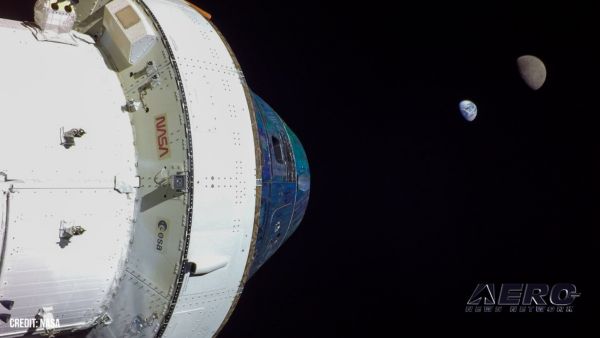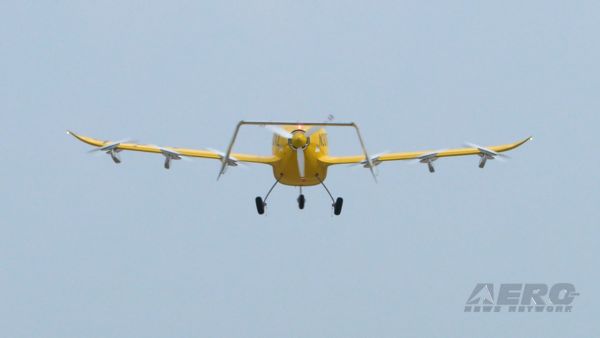Will Pay Up To $55 Million In Penalties For Exporting Engine Software To China
Saying it has "resolved previously disclosed enforcement actions brought by the U.S. Department of Justice and the Department of State in connection with past violations of U.S. export control regulations," United Technologies Corp. said Thursday it was pleading guilty to violating the State Department's International Traffic in Arms Regulations (ITAR), as well as the False Statements Act. The plea arises out of the improper export to China of modifications to Hamilton Sundstrand engine control software incorporated into Pratt & Whitney Canada (P&WC) helicopter engines from 2002-2005. The Justice Department has agreed to defer any action against United Technologies and Hamilton Sundstrand arising out of these improper exports pending implementation of certain remedial obligations.

"Export controls are an integral part of safeguarding U.S. national security and foreign policy interests," said United Technologies Chairman & Chief Executive Officer Louis Chenevert. "As a supplier of controlled products and technologies to the Department of Defense and other domestic and international customers, we are committed to conducting business in full compliance with all export laws and regulations. We accept responsibility for these past violations and we deeply regret they occurred."
According a Justice Department news release, court documents indicate that Pratt & Whitney's illegal conduct was driven by profit. P&WC anticipated that its work on the Z-10 military attack helicopter in China would open the door to a far more lucrative civilian helicopter market in China, which according to PWC estimates, was potentially worth as much as $2 billion to PWC.
These companies failed to disclose to the U.S. government the illegal exports to China for several years and only did so after an investor group queried UTC in early 2006 about whether P&WC’s role in China’s Z-10 attack helicopter might violate U.S. laws. The companies then made an initial disclosure to the State Department in July 2006, with follow-up submissions in August and September 2006.
UTC says the agreement with the Department of State resolves self-disclosures made by the Company between 2006 and 2012, and includes $55 million in penalties, of which $35 million will be paid in cash over four years. The remaining $20 million will be suspended subject to certification and approval of qualifying compliance expenditures. Under the resolution with the Department of Justice, the UTC companies will collectively pay penalties totaling $20.7 million. The Company has fully reserved to account for all payments under the settlement agreements.
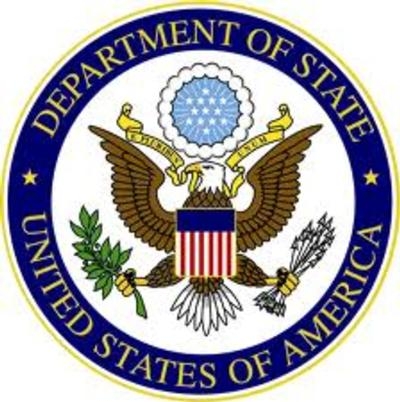
The State Department's Office of Defense Trade Controls Compliance will impose a partial statutory debarment from ITAR license privileges on P&WC. The debarment will not affect existing export authorizations, nor will it affect P&WC's ability to continue to perform existing programs for the U.S. Government, NATO members and certain other U.S. allies, or programs that support Operation Enduring Freedom. P&WC will also be able to seek other ITAR authorizations on a case-by-case basis. P&WC will be eligible to apply for full reinstatement after one year.
"Due in part to the efforts of these companies, China was able to develop its first modern military attack helicopter with restricted U.S. defense technology," Assistant Attorney General Lisa Monaco said in a statement. The Z-10 helicopter is in production, and initial batches were delivered to the People's Liberation Army of China in 2009 and 2010, the Justice Department said.
“PWC exported controlled U.S. technology to China, knowing it would be used in the development of a military attack helicopter in violation of the U.S. arms embargo with China,” said David B. Fein, U.S. Attorney for the District of Connecticut. “PWC took what it described internally as a ‘calculated risk,’ because it wanted to become the exclusive supplier for a civil helicopter market in China with projected revenues of up to two billion dollars. Several years after the violations were known, UTC, HSC and P&WC disclosed the violations to the government and made false statements in doing so. The guilty pleas by P&WC and the agreement reached with all three companies should send a clear message that any corporation that willfully sends export controlled material to an embargoed nation will be prosecuted and punished, as will those who know about it and fail to make a timely and truthful disclosure.”
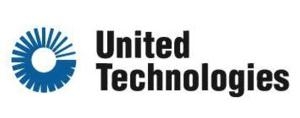
"These violations revealed important opportunities to strengthen our export compliance program. We have taken considerable steps to improve our export controls and to enhance our compliance infrastructure. The Department of Justice and Department of State recognized both our cooperation in their investigations and the significant remedial actions we have taken. Under the agreements, UTC will continue and accelerate its efforts to achieve world-class performance in export compliance," Chenevert said.
"Our commitment to best-in-class compliance across the entire company involves investments in the best people, processes and systems. Since 2006, UTC has invested more than $30 million to strengthen its export compliance infrastructure, including IT system enhancements and process improvements as well as increased employee training and communications efforts. The company also has dedicated more than 175 executives, managers and professionals full-time to export compliance, and hundreds more on a part-time basis. All of these measures reflect UTC's commitment to fully comply with export control laws," he added.
 Senator Pushes FAA to Accelerate Rocket Launch Licensing
Senator Pushes FAA to Accelerate Rocket Launch Licensing Classic Aero-TV: RJ Gritter - Part of Aviations Bright New Future
Classic Aero-TV: RJ Gritter - Part of Aviations Bright New Future Aero-FAQ: Dave Juwel's Aviation Marketing Stories -- ITBOA BNITBOB
Aero-FAQ: Dave Juwel's Aviation Marketing Stories -- ITBOA BNITBOB ANN's Daily Aero-Linx (10.27.24)
ANN's Daily Aero-Linx (10.27.24) ANN's Daily Aero-Term (10.27.24): Clearance Void If Not Off By (Time)
ANN's Daily Aero-Term (10.27.24): Clearance Void If Not Off By (Time)



